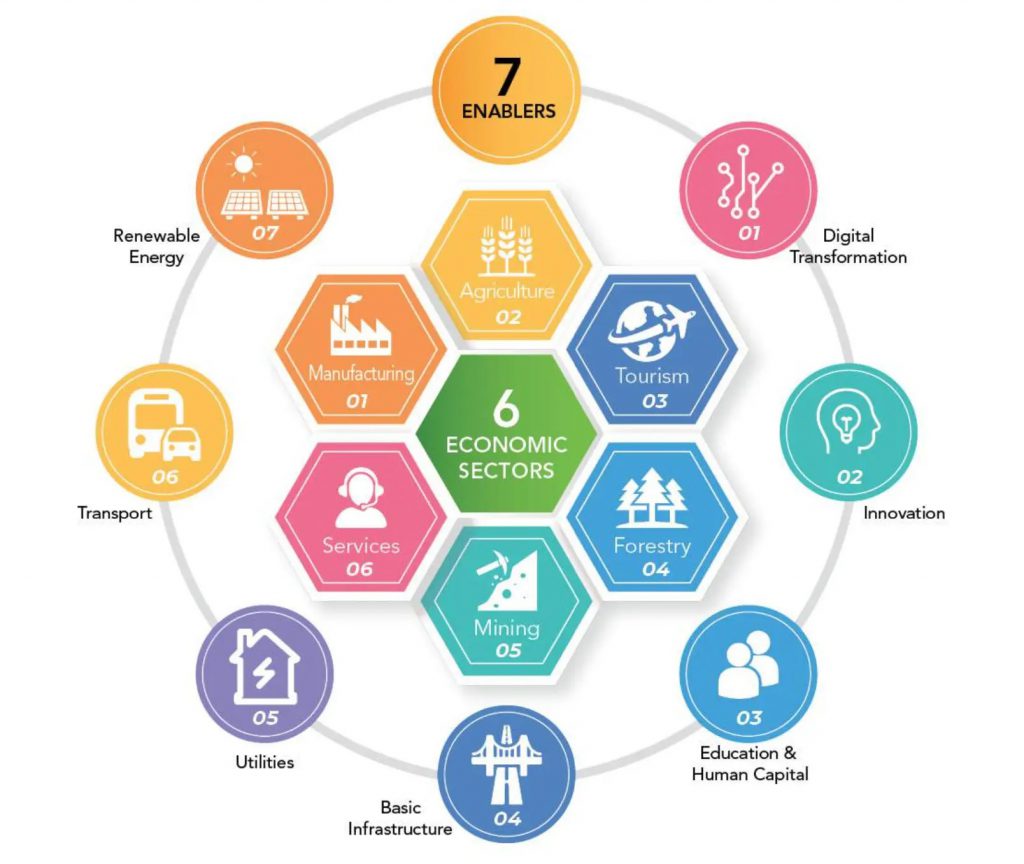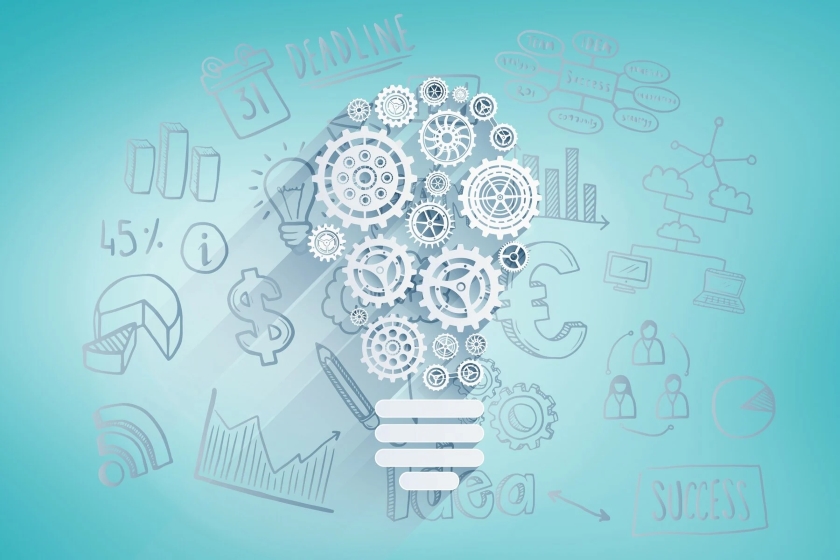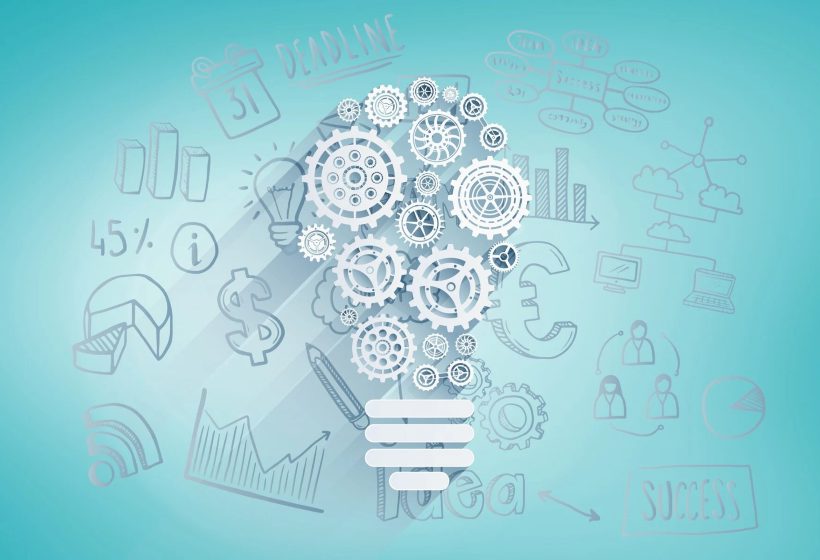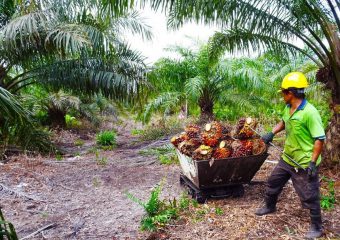With multiple global concerns like climate change, demands for innovative solutions continue to rise every day. (Photo credit: creativeart @ Freepik)
Innovation is the cornerstone of progress, reshaping businesses, industries, and experiences. As we confront global challenges like climate change and recover from the impacts of the COVID-19 pandemic, the concept of an “innovation economy” has emerged as a central theme for economic prosperity.
Innovation is the bedrock of progress, reshaping businesses, industries, and experiences. As we navigate global challenges such as climate change and recover from the impact of the COVID-19 pandemic, the term “innovation economy” has become a central theme for economic prosperity.
The Value of Innovation Economy
In Sarawak, innovation is propelling the state towards becoming a leading hub for renewable energy, the digital economy, and sustainability. This shift is underscored by the government’s commitment to the digital transformation strategy, the Sarawak Digital Economy Blueprint 2030. The many collaborations with international industry leaders highlight the collective efforts to expand renewable energy initiatives and develop sustainable infrastructure. Entrepreneurs similarly play a significant role in this transformation, with notable disruptors like Grab standing out in the Malaysian market as a taxi service without owning a fleet of vehicles or employing drivers.
Despite Grab’s unconventional (at the time) business model, the convenience and ease of use provided to users revolutionised the taxi industry in the country. Following the movement control order (MCO) during the COVID-19 pandemic, they expanded into food and package delivery services to meet people’s everyday needs, further solidifying their brand name and becoming a regular part of people’s lives. The success of Grab shows that when planned and executed well, embracing novel ideas over optimising existing ones can lead to unprecedented success, as innovation, the driving force of modern capitalism, creates new job opportunities and economic growth.
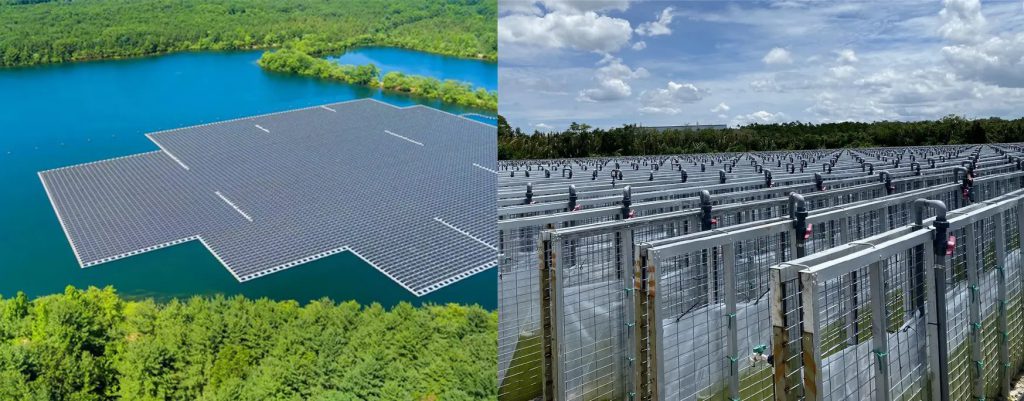
Levels of Innovation Economy
Sarawak’s economic development has evolved through various levels, initially capitalising on abundant natural resources such as petroleum and timber. As the state developed, it expanded from exports to technology transfer, exemplified by more recent collaborations introducing floating solar farms and advanced algae cultivation and biomass processing technology from China and Japan as part of the renewable energy development initiatives.
The next level to sustaining this growth requires innovation-led economic development. Countries like the USA, Japan, and Sweden, as well as innovative companies like Apple and Google, exemplify this stage. The final frontier involves embracing fourth industrial revolution technologies like the Internet of Things (IoT), smart technology, and artificial intelligence (AI). In Sarawak, among the initiatives to embrace the fourth industrial revolution is S Pay Global, a secure cashless mobile payment solution developed by the Sarawak government in 2017. Currently, they are developing smart city master plans that can balance urbanisation and environmental sustainability.
In the innovation economy, gross domestic product (GDP) growth is no longer solely attributed to tangible assets; a significant portion now comes from the value of innovation and new ideas.
Challenges of Embracing Innovation
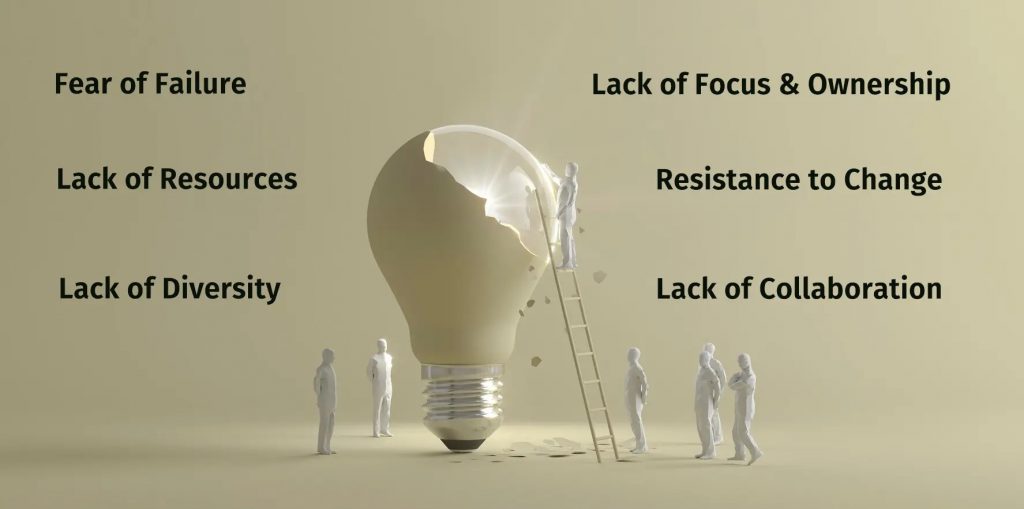
While embracing the innovation economy has its brand of challenges, some companies need help incorporating innovation into their business strategies. With proper planning of sustainable innovation, business leaders can limit obstacles such as hesitation in the face of uncertainty, lest they risk copying trends without changing core practices, resulting in conflicting products from a lack of a distinct vision.
To effectively navigate these challenges, companies must rethink their organisational structures. In a rapidly changing business landscape, staying informed and anticipating future threats became vital. Business leaders must recognise the convergence of technologies, market trends, and regulatory shifts, emphasising the strategic investments required to stay ahead. Through staying informed, they are better positioned to transition the fear of making mistakes to a fear of missing opportunities.
Supporting an Innovation-Based Economy
Macro-level support involves creating a favourable environment for innovation. On a national or state level, this can include domestic innovation policies, research-focused universities, and collaboration with government research institutions to provide additional support to innovators who may otherwise need more resources to experiment and develop their ideas to an operational level. Healthy competition among companies at the micro level drives investment in research and development.
Another approach is to nurture the spirit of innovation from the base level. The education system should prioritise self-learning and research-oriented modules over hyper-fixation on examination results to foster this value among youths.
Recognising the need to nurture and support its people to innovate, Sarawak has its share of initiatives from the government. Among the many programmes available are the Sarawak Digital Economy Research Grant and Industry 4.0-based development courses at the Centre for Technology Excellence Sarawak (CENTEXS), aimed at propelling technology-based startups.
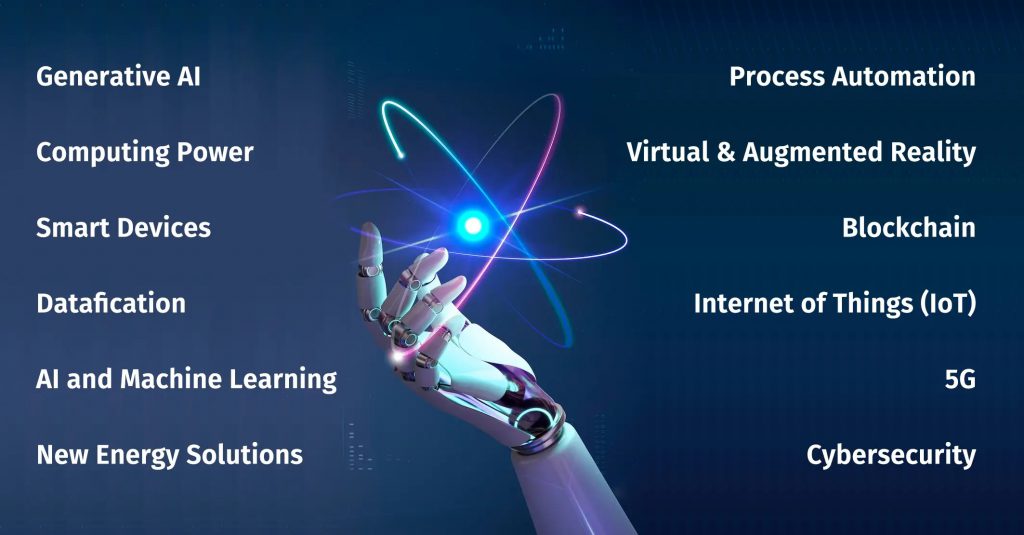
Sarawak’s trajectory towards becoming a high-income state by 2030, as outlined in the Post Covid-19 Development Strategy (PCDS) 2030, is evident. The comprehensive strategy focuses on six economic sectors and seven enablers, including innovation, highlighting the government’s commitment to continuous development.
Sarawak is not merely adapting to change but embracing innovation as the catalyst to sustain high productivity and economic growth. The journey towards an innovation-based economy is a collective effort between the government, businesses, entrepreneurs, and educational institutions. While the World Bank has classified Sarawak as a high-income state in 2023, achieving an innovation-based economy remains a journey that Sarawak is navigating with purpose and determination.
